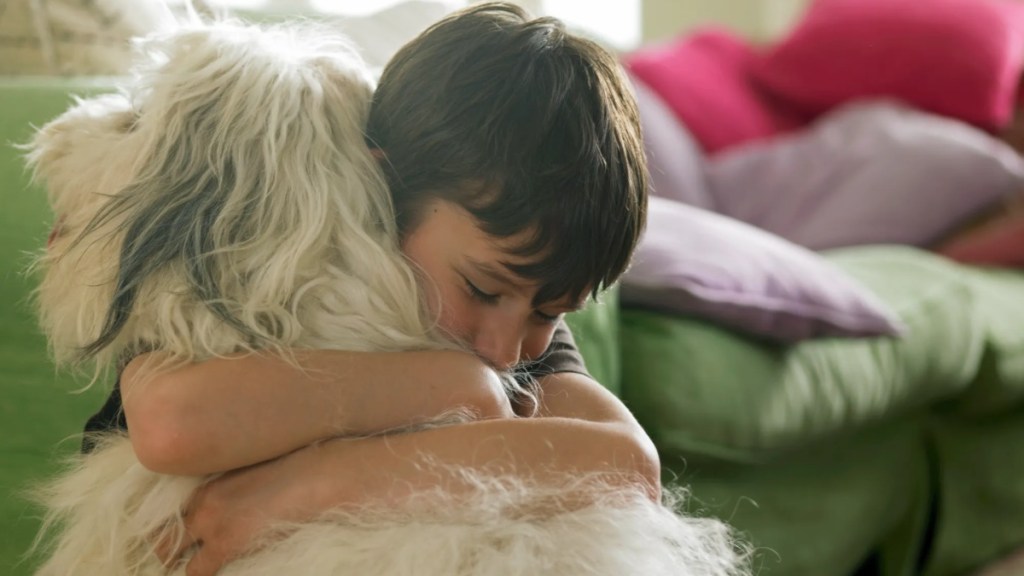Service dogs have long been known for their assistance to physically disabled individuals, helping with guidance, physical tasks, and medical alerts. However, their role has expanded to include psychiatric assistance for various conditions, including autism spectrum disorders (ASDs) in children. These dogs are now helping to mitigate challenges associated with autism, such as difficulty in communication, sleep disturbances, repetitive actions, and restricted behaviors. Despite the anecdotal evidence supporting the benefits of service dogs for autistic children and their caregivers, scientific research in this area has been scant. Now, a recent study seeks to fill this gap.
New study shows connection between improved sleep behaviors for Autistic children with service dogs
Research undertaken by experts from the University of Arizona, the University of Virginia, and Purdue University, published in Frontiers in Psychiatry, delves into how service dogs may benefit children with autism and their families. The study unveiled a connection between improved sleep behaviors in autistic children and their interaction with service dogs.
It aimed to evaluate the psychosocial functioning of families with an autistic child, comparing those who had a service dog at home with those on the waitlist for one. According to Medical Xpress, the hypothesis suggested the presence of a service dog would result in better overall functioning within these families.
This investigation stemmed from the observed positive impact of animal-assisted interventions (AAIs) on autistic children, which help improve their communication, social interaction skills, attention span, and emotional management. To build on these benefits, the study aimed to assess how service dogs, trained to address sensory overload, interrupt repetitive behaviors, and provide calming pressure, can further aid autistic children.
For this study, researchers enlisted families from the database of Canine Companions, an ADI-accredited organization that trains service dogs. Participants included 39 families with a service dog at home for at least six months and a control group of 36 families on the waiting list to receive a dog.
Providing a sense of comfort to the autistic children at night, a service dog’s company “may translate into exhibiting less sleep anxiety and co-sleeping behavior with a caregiver,” the team of researchers found.
The results supported the anecdotal evidence that service dogs offer numerous advantages, including preventing tantrums, sleep behaviors, and elopement behaviors, besides their calming influence. Moreover, these service dogs didn’t only benefit the children with autism; they also provided their caregivers, usually parents, with stress relief, a sense of security, and a means to reduce social isolation. This latest research contributes to a growing body of evidence underscoring the positive role service dogs can play in the lives of children with ASD and their families.









